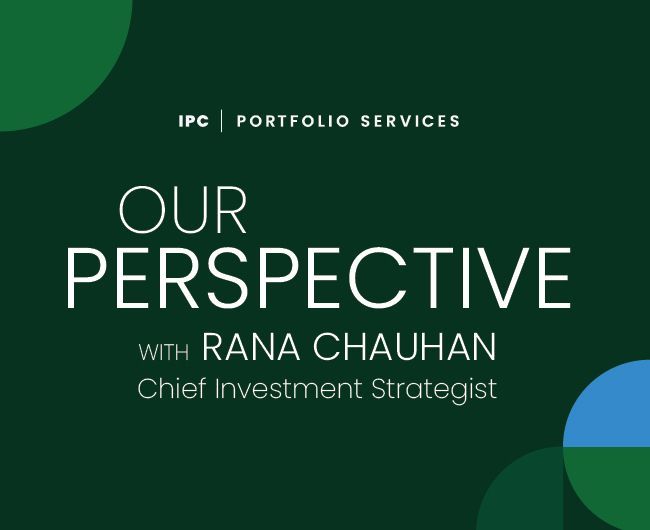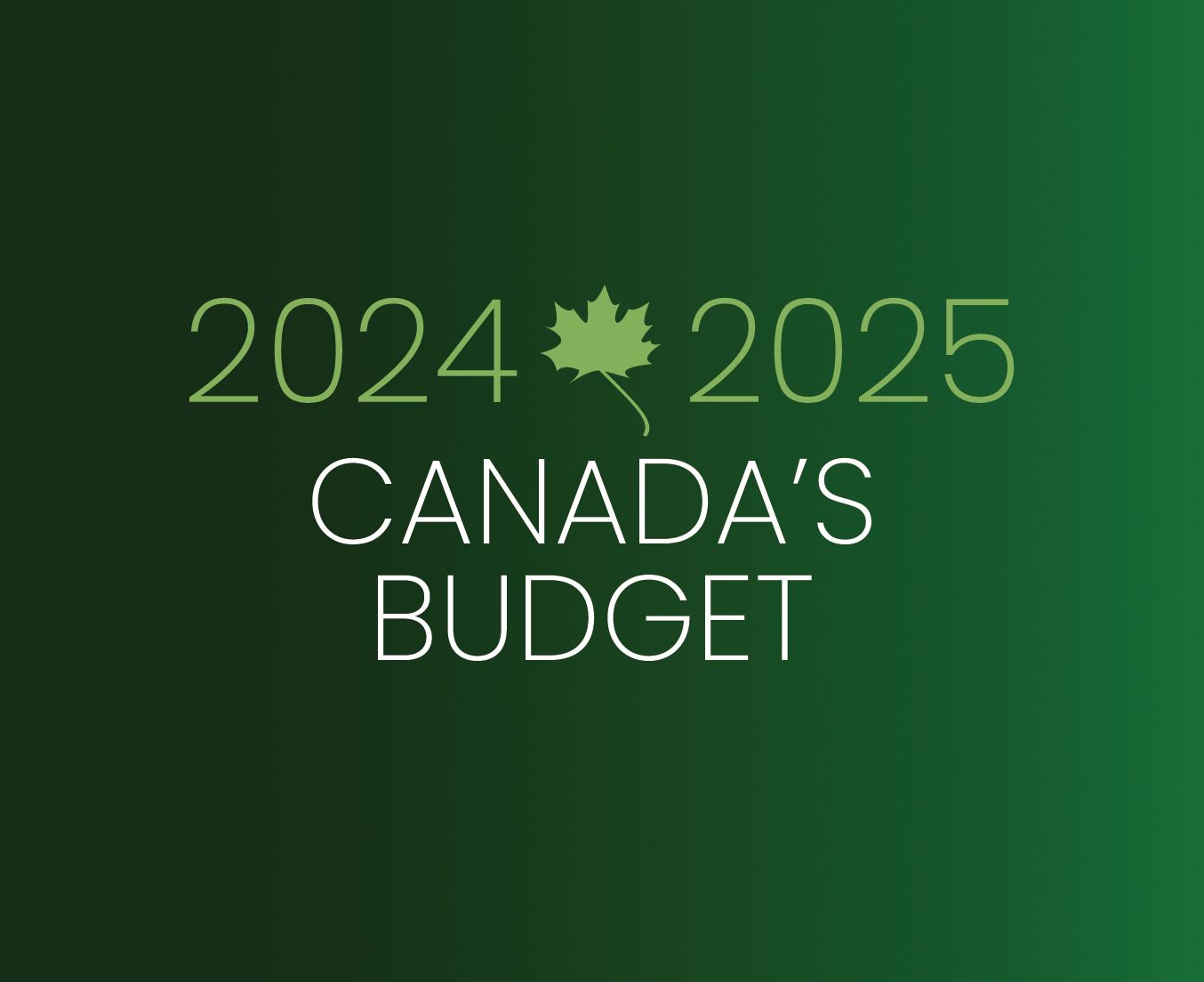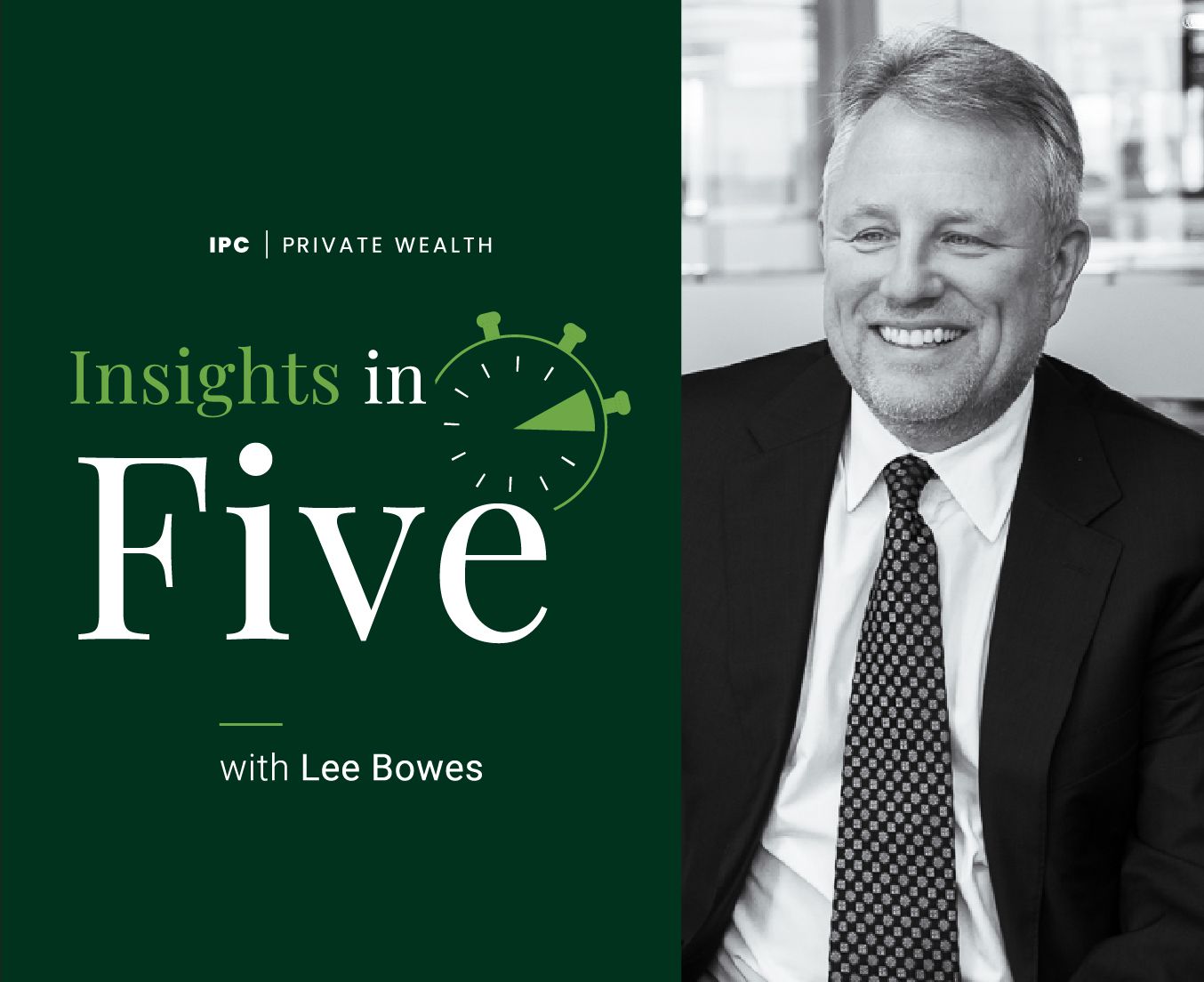Like all services, the cost of investment management is relative to the complexity and number of services you require to meet your needs. The primary goal of all investment management is to provide you with the appropriate level of return for the risk you are willing to take, at a price you are willing to pay to meet your financial planning goals.
For all the bells and whistles in portfolio management as well as a service that is independent and objective, you should expect to pay a premium. You should also expect value that is over and above those costs in the long term.
The cost of portfolio management services goes towards a variety of investment management and operational services. It is broken down as follows:
1. The cost of Investment management
This includes:
- Active security selection: top independent asset managers charge a premium for their talent. Internal managers who work directly for a bank or other financial institution are generally less expensive than third-party expertise.
- Many mainstream providers, such as banks or large mutual fund companies, hire asset managers on staff to provide security research and selection capabilities. In- house money managers tend to manage assets to a single category or style. Often, they focus on competing solely within their asset class category (e.g. global balanced, dividend or fixed income) and manage for returns to beat their peers in a given category. How they do relative to their peer group very often determines their bonus or compensation structure - a factor that may bias a portfolio’s long- term returns potential. This approach is common in the industry. A portfolio service, on the other hand, may hire any one of these suppliers if they are suited to any part of an overall portfolio strategy.
- Investment specialist selection and monitoring: for the research, selection and monitoring of each investment specialist managing assets in a portfolio. Each investment manager provides specific security selection capabilities for a given geographic market, investment style or asset class.
- Portfolio design, stewardship and oversight: for the construction of well- diversified multi-strategy, multi-manager portfolios. Includes regular rebalancing, asset allocation calls, portfolio constraint management, tax management, currency management, and risk management strategies.
- Administration and operational oversight: the administration of the assets, buying and selling securities, tax reporting, regulatory filing, etc.
- Reporting and communication: detailed reporting on how your portfolio is tracking towards your goals, market commentary and reports from investment specialists, trading summaries, capital gain/loss reporting and other regulatory reporting.
2. The Cost of Advice
A portion of your fees go directly to your financial advisor for the personalized advice and wealth management services they provide you. This part of the fee is usually agreed upon between you and your advisor when you first start to work together. Some factors that influence the cost of advice include the type and level of financial planning services you require, and the amount of assets that they invest on your behalf.
Factors that influence your costs
- Account size: as with many other services, generally, as the amount of money you invest with a portfolio service increases, your average cost rate declines. Generally, we include all assets that belong to your entire family unit when calculating your overall costs.
- Type or structure of investment– some types of investment structures are more expensive than others. If you are looking for basic exposure to an asset class without the benefit of oversight or security selection, then an ETF is a less expensive alternative to a full-service money manager.
If capital preservation is important to you, then you may want to include specific downside protection strategies or access to alternative investments (e.g. real estate, specialized sectors, etc.) and currency management strategies, which add to the overall cost.
Even the type of assets that go into your portfolio will have an impact on cost. The fee to manage a bond portfolio, for example, is less expensive than an actively managed stock portfolio.
View the infographic on management fees
What you ultimately pay for portfolio management will depend on the services you require to best target your goals. You can work with your IPC Advisor to better understand what you need to achieve your goals.
For more information on IPC's Portfolio Services, read What Makes Us Different
Counsel Portfolio Services | IPC Private Wealth
Click Here to Read Our Forward Looking Statements Disclaimer

Investment Planning Counsel




